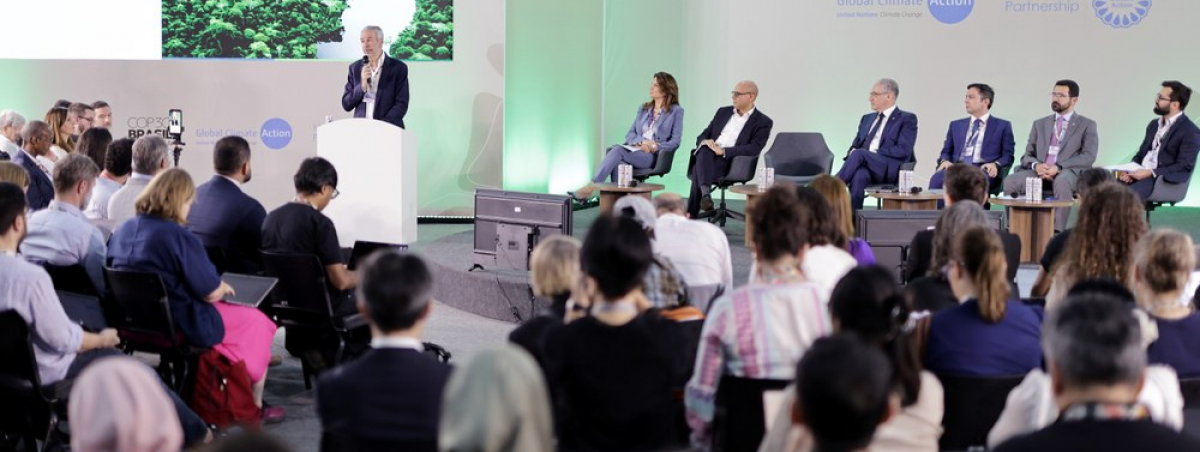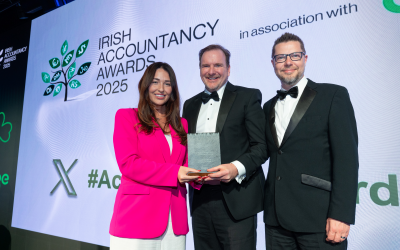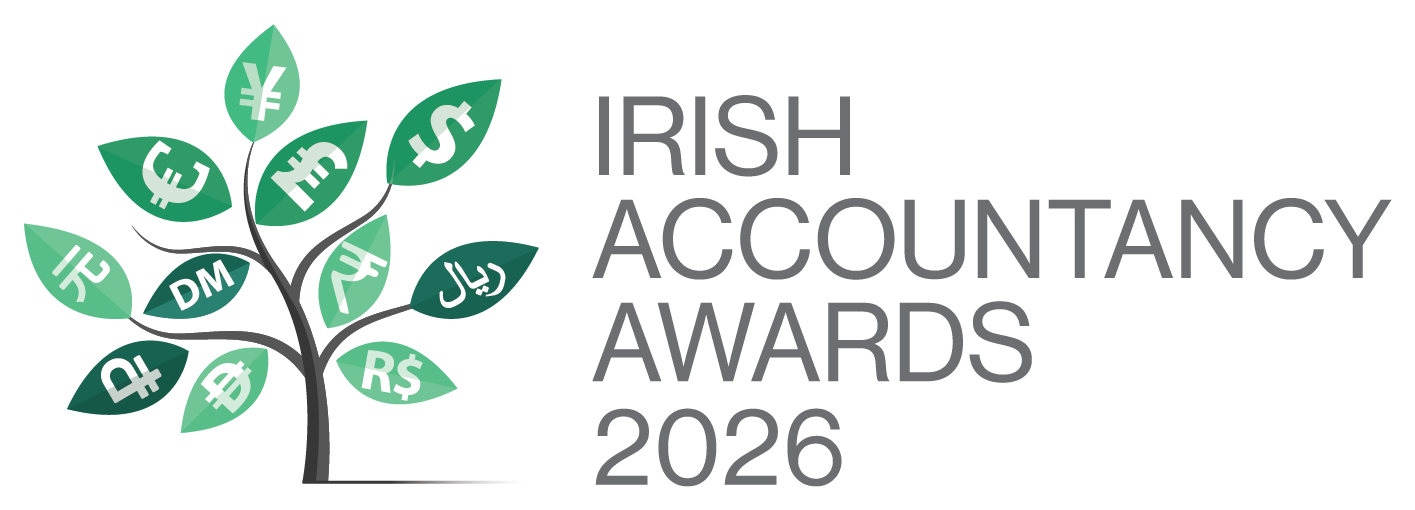The first implementation meeting for the Baku to Belém Roadmap at COP30 in Belém saw broad international support for mobilising USD 1.3 trillion in climate finance for developing countries by 2035. Representatives from developed and developing nations, multilateral development banks, private investors, financial institutions, and civil society convened to advance the roadmap, which outlines pathways to secure the landmark funding.
COP30 President Ambassador André Corrêa do Lago emphasised the commitment to making the target a reality, highlighting the extensive consultative process that incorporated over 200 contributions from governments, academia, the financial sector, and civil society. Ana Toni, COP30 CEO, noted that the focus is not on creating new funds, but on redirecting and improving existing financial resources to make them predictable, accessible, and fair.
Significant international initiatives such as the Bridgetown Initiative, 4P (Partnership for People and Planet), Finance in Common, the African Climate Summit, G20 TF-CLIMA, and the COP30 Circle of Finance Ministers were highlighted as evidence of momentum to reform global climate finance structures. UNFCCC Executive Secretary Simon Stiell stressed the urgency, citing Hurricane Melissa’s impact and warning that delayed investment in climate prevention carries real costs.
Luiz de Andrade Filho, leading COP30 finance issues, and Elmaddin Mehdiyev of COP29 confirmed strong political goodwill among Parties to the Paris Agreement, with next steps focused on operationalising actionable measures under the roadmap. Formal backing was expressed by governments including France, Japan, Kenya, Norway, China, Canada, the UK, and the EU, signalling broad global buy-in.
The roadmap’s successful implementation is considered critical for developing nations to adapt to climate change and pursue sustainable development pathways, underscoring the importance of coordinated finance, policy, and action at scale.
Read the full article to see how the Baku to Belém Roadmap could transform climate finance for developing countries.














.png)

